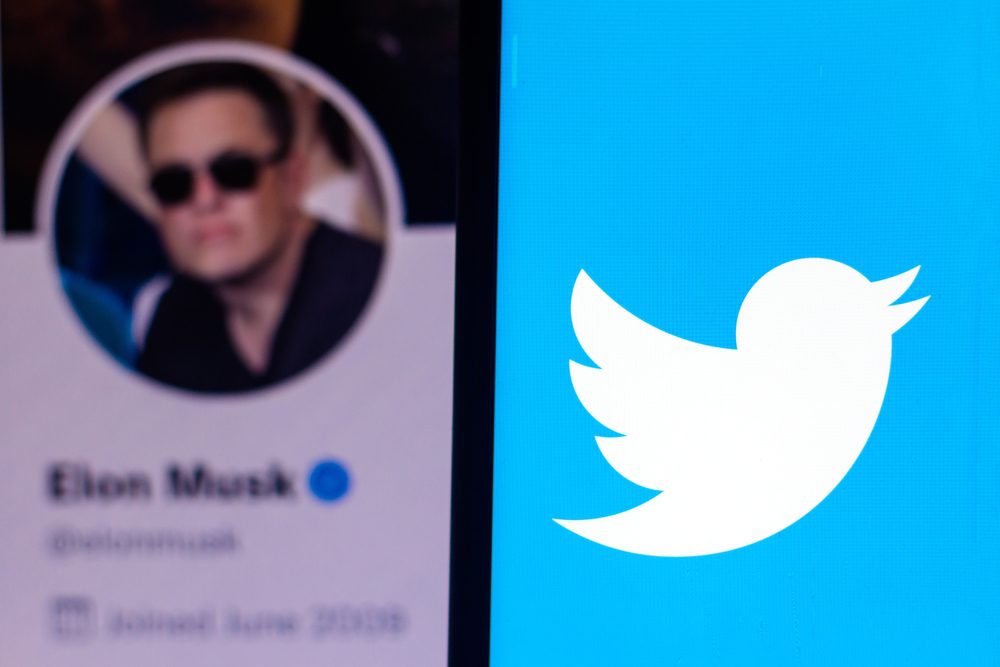
The takeover of Twitter by billionaire Elon Musk continues to cause a stir. The new owner’s stance in favour of freedom of expression is worrying individuals, institutions, and political figures, who see the end of the censorship previously exercised on content considered politically incorrect. The German government is asking the European Union to intervene to regulate the network, now considered to be out of control and subject to the whims of its owner.
The alarm was sounded by Green Minister Sven Giegold on Thursday, December 22nd. In a letter to the European Commission published on his Twitter account, he said he wants the EU to intervene to regulate Musk’s “arbitrary” and “abrupt” decisions.
Hier findet Ihr unseren ganzen Brief: pic.twitter.com/xfgvGwe6of
— Sven Giegold (@sven_giegold) December 22, 2022
Giegold intends to rely on the Digital Services Act, which is due to take effect at the European level in February 2024, with the stated aim of combating ‘hate speech’ and fake news. Giegold is particularly concerned about the banning of the accounts of journalists who have criticised Musk, and the new rule prohibiting the promotion of competing social sites on Twitter. This situation “threatens not only free competition but also poses a risk for democracy as well as freedom of speech, information, and the press,” he says.
Giegold’s idea would be to grant Twitter ‘gatekeeper’ status under the new Digital Markets Directive, which entails a number of controls and restrictions, including on the processing of users’ personal data. Gatekeeper status currently applies to companies such as Google and Facebook, and is based on objective criteria such as market capitalisation or presence in Europe. Sven Giegold admits that Twitter does not yet meet the strict criteria of the directive, but the platform “has a great influence on the formation of public opinion in the world and also in Europe,” which justifies closer monitoring, he believes.
The state secretary in the ministry of economic affairs is not the only one in the German government to express concern. A few days ago, Chancellor Olaf Scholz himself raised the possibility of leaving the platform altogether. He explained that he wanted to study all sorts of alternatives to increase the number of communication channels for German citizens, including ways to reach those who have so far stayed away from social media.
The fact remains that the European Union’s means of action against Twitter are not infinite. Brussels’ control of content could be another form of censorship—this time deemed satisfactory by the Left because it simply has a political orientation that runs counter to Musk’s.
